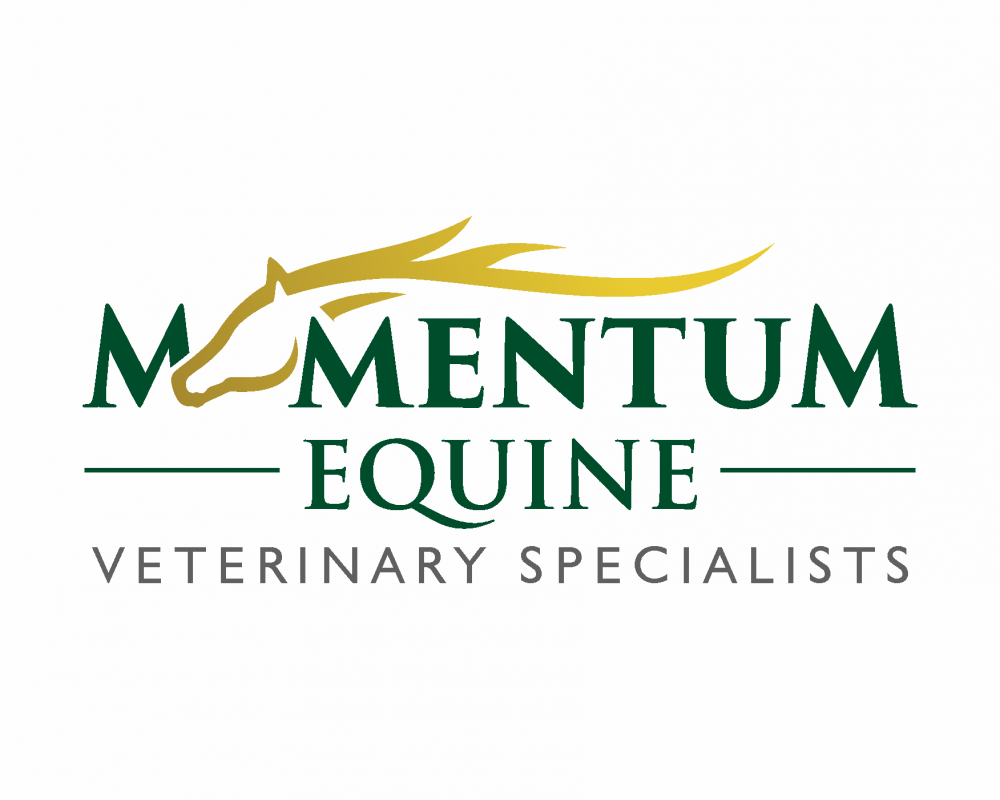Additional services
Additional Services
- Euthanasia
- Insurance Exams
- Disease Testing
- Cushings (Equine Pituitary Pars Intermedia or PPID)
- Coggins (Equine Infectious Anemia)
- EPM (Equine Protozoal Myeloencephalitis)
- EPSSM (Equine Polysaccharide Storage Myopathy)
- EVA (Equine Viral Arteritis)
- HYPP (Hyperkalemic Periodic Paralysis)
- HERDA (Hereditary Equine Regional Dermal Asthenia)
- Lethal White Syndrome
- NI Antibody (Neonatal Isoerythrolysis)
- Strangles (Streptococcus equi)
- Others available upon request
- Laboratory Services
- Bloodwork
- Cultures
- Cytology
- Drug Screens
- Fecal Exams
- Foal IgG
- and more
